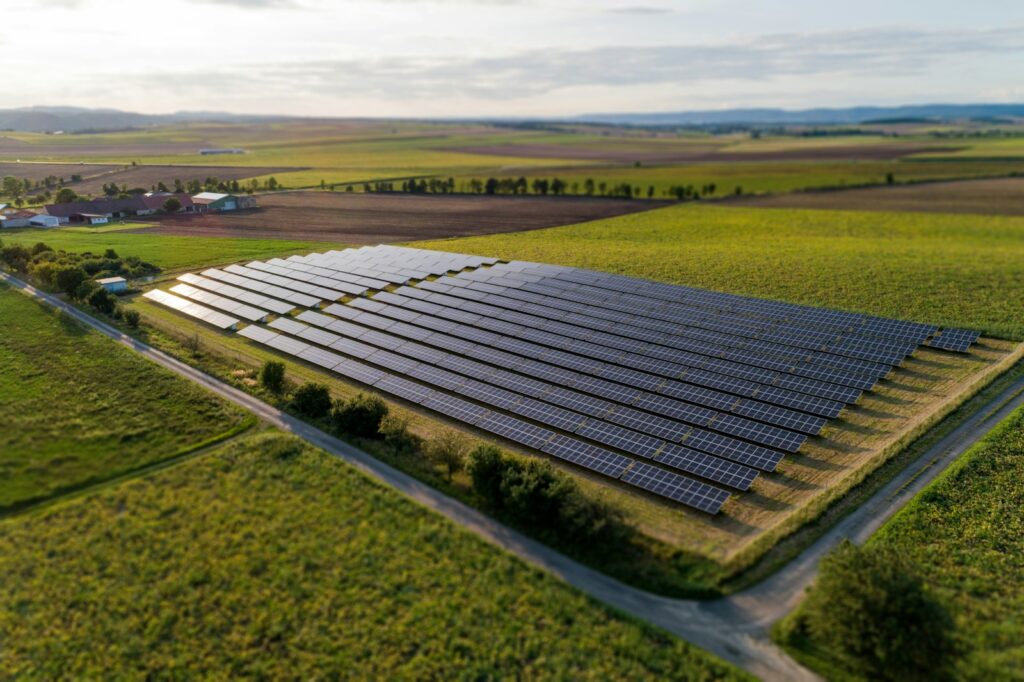The TUC has called for a series of regional industrial plans to help the UK achieve its net-zero carbon emission target.
In a new report out today (21 August), the TUC said that while climate change is ‘the most pressing existential threat facing the planet’, the transition to net zero may ‘look very different in different parts of the country’.
The report argues that net-zero plans must be tailored for each region.
For example, the North East seaboard is suitable for carbon capture and storage, which would protect jobs in heavy industry.
And the North West has a history of nuclear power and a suitably skilled workforce to attract a new generation of smaller modular nuclear power plants.
It also argues that the UK needs a social partnership approach to reaching net zero and recovering from the pandemic.
The report says regional panels should be established in tandem with a UK national council for recovery and transition.
They should include government, unions, employers, Job Centre Plus and civic partners to jointly develop plans that can gain public support.
‘National action is vital, but regions need to cut their own path to net zero too. Each region has its own character, with its own industry, culture and geography. We need local knowledge and expertise to play to an area’s strengths and address its needs,’ said TUC general secretary, Frances O’Grady.
‘A key part of that local expertise is in the workforce. Union reps have a really good understanding of the opportunities in their area. And they are keen to work in partnership with industry, local government and the local community.
‘The last time there was big industrial upheaval in the 1980s, workers were just dumped on the dole. That can’t happen again. It’s why unions keep talking about a ‘just transition’ to net zero that meets the needs of workers and local communities,’ she added.
‘If workers have a genuine say, plans can be agreed with government and business that provide job security, and protect job quality. That’s going to win community backing too, so progress will be both fairer and faster. And we’ll all become proud when our generation delivers a major upgrade to Britain that improves everyone’s quality of life.’
The full report – Voice and Place: How to plan fair and successful paths to net zero emissions – is available to read here.
















